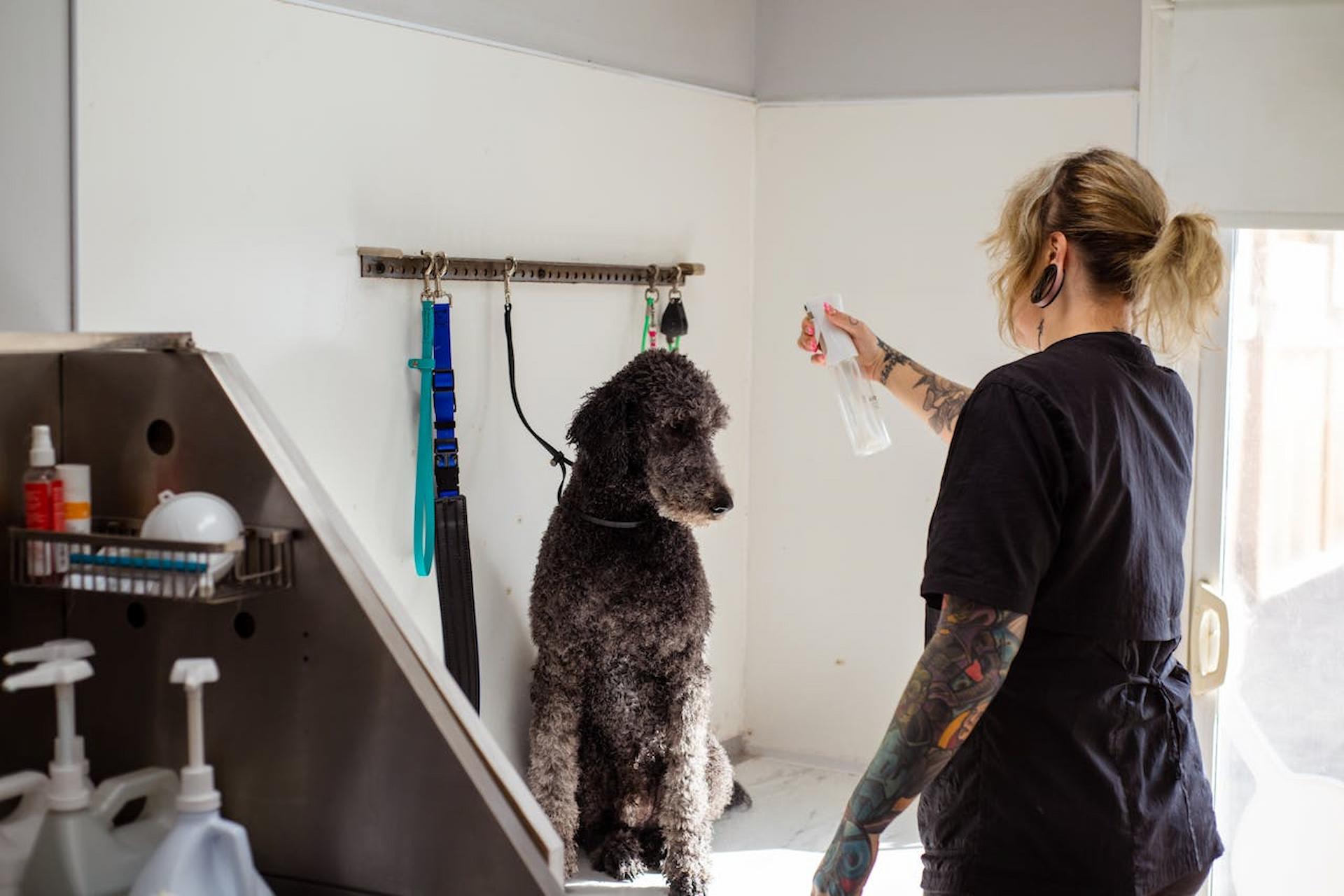Choosing the right daycare for your child is one of the most important decisions you’ll make as a parent. Whether you’re returning to work or seeking a structured environment for your child to grow, the daycare you choose will play a vital role in their early development and well-being. With so many options available, it’s easy to feel overwhelmed. This guide will walk you through the key factors to consider before enrolling your child in daycare, helping you feel confident and informed every step of the way.
1. Understand Your Child’s Needs
Every child is unique. Consider your child’s personality, temperament, age, and developmental stage. Are they social and outgoing, or shy and reserved? Do they need a lot of structure, or thrive in a more flexible environment? These traits can help determine what kind of daycare setting will best support their growth. For infants and toddlers, nurturing and one-on-one attention may be top priorities, while preschool-aged children might benefit more from structured learning activities.
2. Know Your Options
There are several types of daycare to choose from, including:
- In-home daycare: Run by individuals in their own homes, often with smaller group sizes and a home-like setting.
- Daycare centers: Licensed facilities with trained staff, structured routines, and various age-based programs.
- Preschool programs: Often focused on early education and preparing kids for kindergarten.
Each type has its pros and cons. In-home care may feel more personal, while centers usually offer more staff supervision and a wider range of activities.
3. Check Licenses and Accreditation
Make sure any daycare you’re considering is properly licensed by your state. Licensing ensures that the facility meets basic health and safety standards. Some daycares also earn accreditation from national organizations such as the National Association for the Education of Young Children (NAEYC) or the National Association for Family Child Care (NAFCC), which indicates higher standards in curriculum, teacher qualifications, and care quality.
4. Visit and Observe
One of the most important steps is visiting potential daycare facilities. Schedule a tour and observe how staff interact with the children. Do caregivers appear attentive and warm? Are kids engaged, happy, and safe? Ask about the daily routine, discipline methods, and how they handle crying, tantrums, or conflict. Seeing the environment firsthand can give you valuable insight into whether it’s a good fit for your child.
5. Ask the Right Questions
Here are some key questions to ask when evaluating daycare options:
- What is the child-to-caregiver ratio?
- What are the staff qualifications and background checks?
- What is the policy on illness, medication, and emergencies?
- How do you communicate with parents about a child’s day?
- Are meals and snacks provided, and are they nutritious?
- How is discipline handled?
- What is the policy for late pickups or closures?
Don’t hesitate to ask for references from other parents.
6. Look Into Safety and Cleanliness
A clean and safe environment is non-negotiable. Check for secure entrances and exits, childproofing, clean bathrooms, handwashing routines, and how toys and surfaces are sanitized. Make sure the outdoor play area is enclosed and well-maintained. Your child’s health and safety should always be the top priority.
7. Consider Logistics and Cost
Practical factors also matter. Is the daycare conveniently located near your home or work? What are the hours of operation, and do they align with your schedule? Be clear on fees, payment schedules, and what is included in the cost (e.g., meals, diapers, supplies). Consider whether the program offers flexibility for part-time or full-time care, and understand their vacation or holiday closure policies.
8. Prepare Your Child—and Yourself
Once you’ve selected a daycare, help your child transition smoothly by talking about what to expect, visiting the center together, and gradually increasing the time they spend there. It’s normal for both parents and children to feel anxious at first. Building a routine and maintaining open communication with caregivers can ease the process.
9. Trust Your Instincts
While credentials and logistics are important, your instincts matter too. If something feels off during a visit or you’re not comfortable with the staff’s approach, it’s okay to walk away. You are your child’s best advocate.
Final Thoughts
Enrolling your child in daycare is a significant decision, but with thoughtful research, careful preparation, and a clear understanding of your child’s unique needs, you can find a safe and nurturing environment where they’ll flourish. A quality daycare should do more than provide supervision—it should support your child’s early development through meaningful learning experiences and social interaction.
As you explore your options, take the time to ask important questions and observe closely. And remember, if you ever have concerns about your child’s safety or suspect negligence, consulting a children’s injury lawyer in Columbus can help you understand your rights and take the appropriate steps. Your child’s well-being is worth every effort and precaution.



